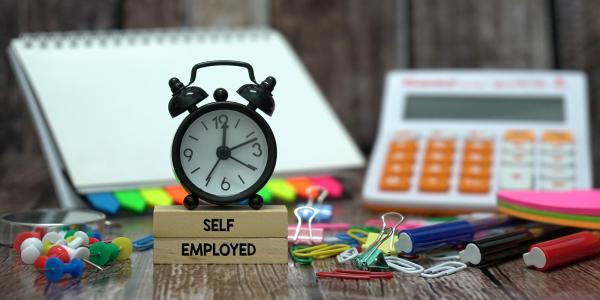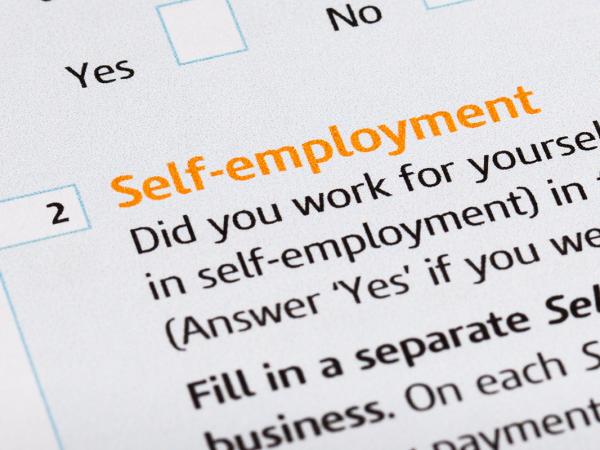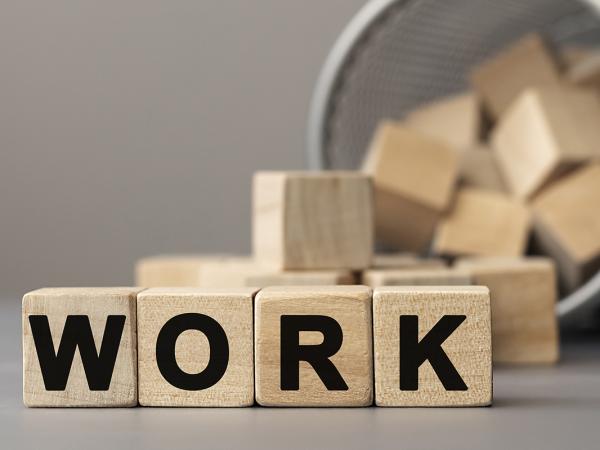Gainful self-employment
If you are self-employed and claiming universal credit, DWP will need to decide if you are in ‘gainful self-employment’.

Overview of gainful self-employment
You will usually be asked to provide evidence of your self-employment activity to DWP shortly after you make your universal credit claim, or if already claiming, once you start to undertake your self-employment activity. Based on this information, DWP will decide if you are in gainful self-employment.
Whether you are in gainful self-employment for universal credit purposes is important because it may have an impact on any work-related requirements you are asked to agree to and it can also determine whether the minimum income floor will be applied in calculating your universal credit award.
If DWP decide that you are in gainful self-employment, that means the activity provides your main employment and matches your claimant commitment. Additional work-related requirements, or conditionality, will not be required. However, if your earnings from the activity fall below a minimum level then the minimum income floor rules can apply, depending on your circumstances, or DWP can make a further decision that the activity no longer meets the gainful self-employment requirements.
When DWP have made their decision that you are in gainful self-employment, you can then be eligible for a start-up period but you have to remain in gainful self-employment and be taking steps to increase your earnings from your self-employed activity to the level of your individual threshold (broadly the number of hours in your claimant commitment paid at your national minimum wage rate). The start-up period lasts for up to 12 months from the beginning of the assessment period that DWP make their decision that you are in gainful self-employment. During a start-up period, the minimum income floor rules will not apply but DWP can end a start-up period if they decide you are no longer in gainful self-employment or you are no longer taking steps to increase your earnings from the activity to the required threshold. If you have had a previous start-up period, you can only have another one after 5 years and it must be in relation to a different trade, profession or vocation.
Definition of gainful self-employment
Gainful self-employments means:
- You are carrying on your self-employment as your main employment;
- The earnings from your activity are self-employed earnings; and
- Your activity is organised, developed, regular and carried on in expectation of profit
It is possible for DWP to decide that you have earnings from self-employment but that you are not gainfully self-employed.



